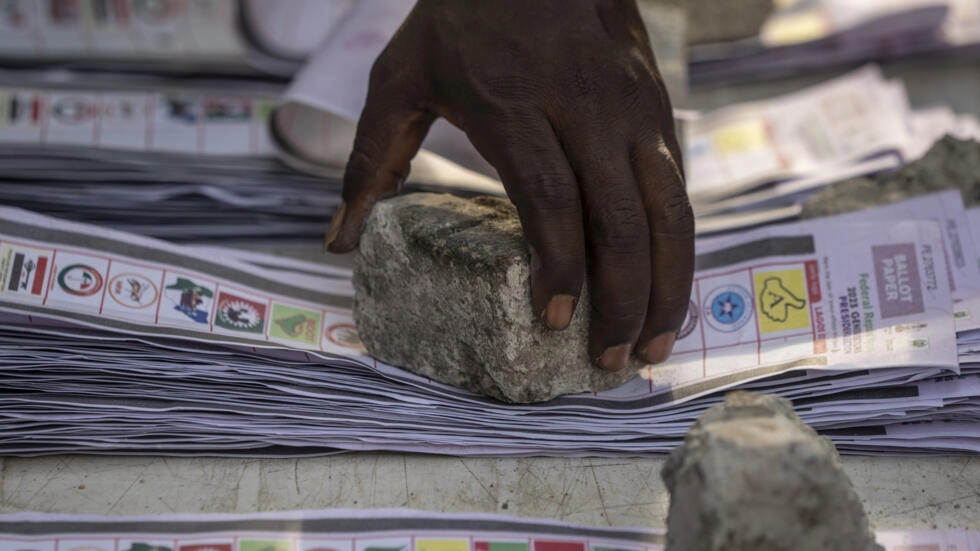
Bola Tinubu, a 70-year-old former governor of Lagos, is running for president against Atiku Abubakar, a 76-year-old former vice president, who is running for the PDP.
The APC and PDP’s supremacy have been challenged for the first time since the end of military rule in 1999 by Labour’s Peter Obi, who has run on a platform of change.
Tinubu is an ethnic Fulani Muslim from the south, Abubakar is a Muslim from the northeast, and Obi is an Igbo Christian from the southeast.
President Muhammadu Buhari served two terms in office; the new president will have to deal with chronic insecurity, unemployment, and poverty.
If no candidate satisfies the election’s requirements, some analysts are predicting an unprecedented second-round runoff between the two frontrunners.
In addition to receiving the most votes, a contender must win at least 25% of the vote in at least two-thirds of Nigeria’s 36 states in order to win the presidency.
most of the time
In a nation where attacks, physical altercations between opposing supporters, and racial tensions frequently mar elections, Saturday’s event was largely quiet.
According to the Independent National Electoral Commission (INEC), some polling places in Lagos were plundered; voter identification machines were taken in other states; and 141 polling places in southern Bayelsa State will hold elections on Sunday due to ballot disruptions.
Late starts by election officials and technical difficulties with voter ID technology created huge delays in some polling centres in Lagos and other cities. In Kano city in the northwest, voting materials arrived five hours after official opening time at some polling stations.
Voters also cast ballots for Nigeria’s two houses of parliament, the National Assembly and Senate.
Insecurity was a major election issue, with Nigeria still battling a 14-year jihadist insurgency in the northeast, armed bandits in the northwest and separatist militia in the southeast.
Inflation in Nigeria is running at more than 20 percent.
By law, election results must be officially announced within two weeks of voting.






